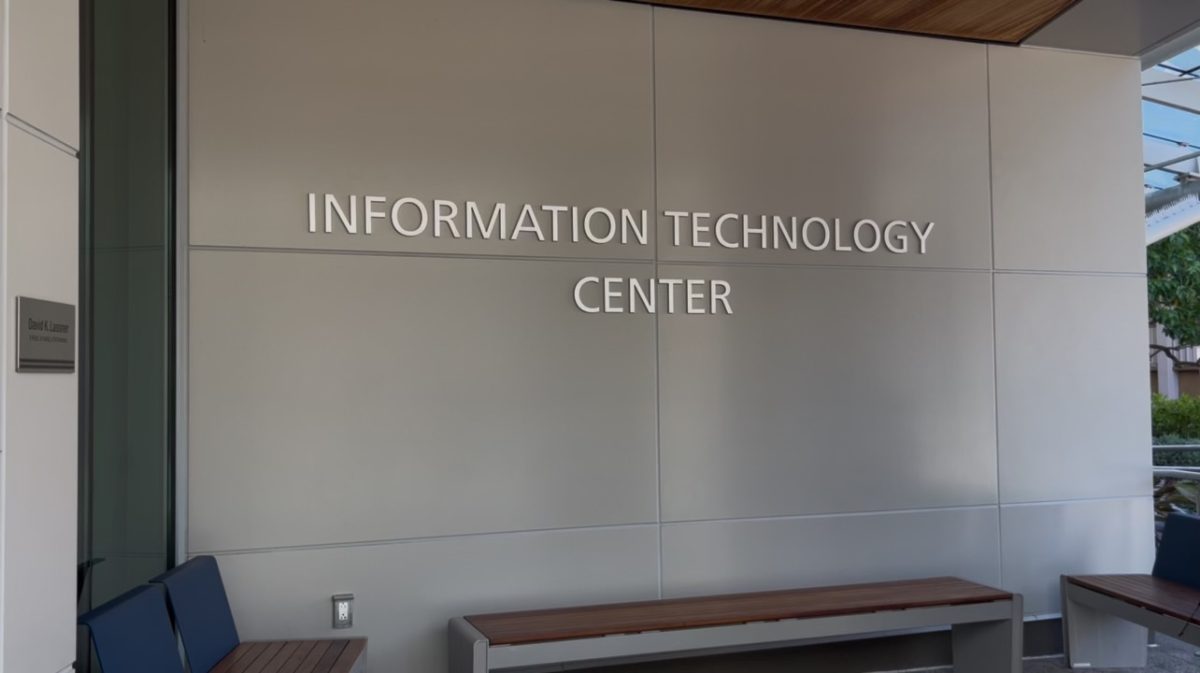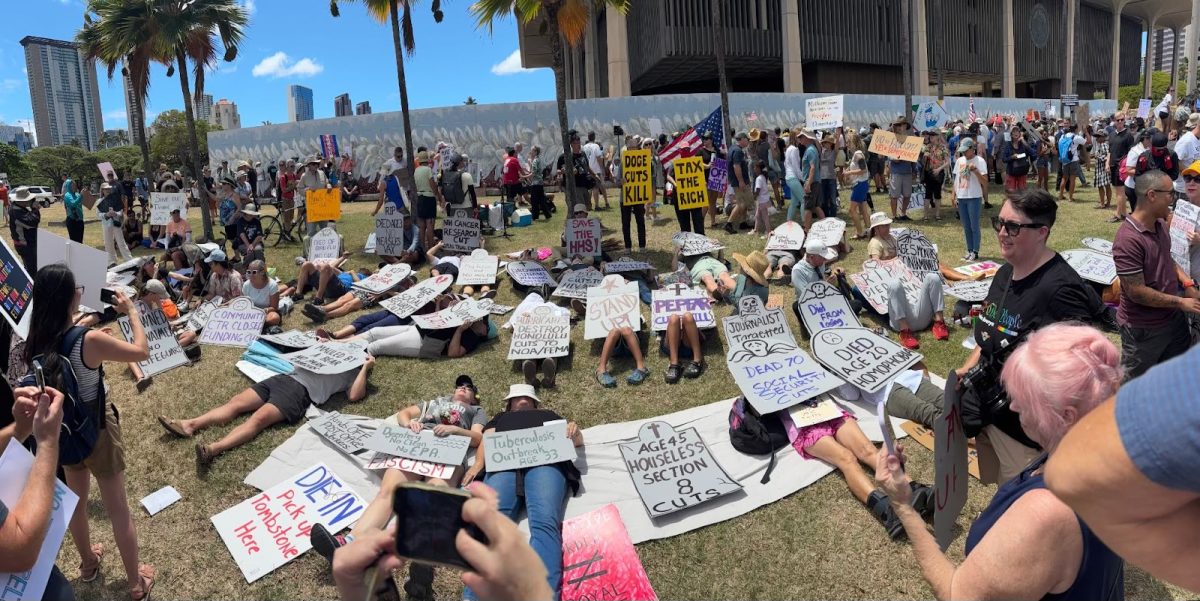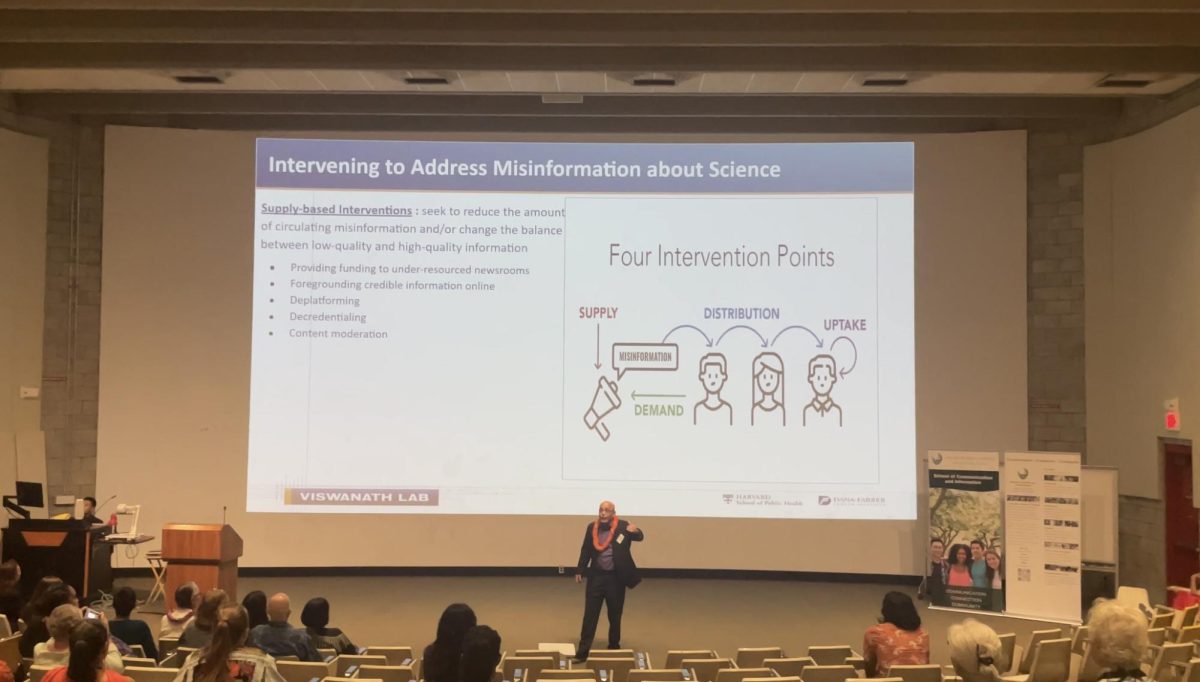The stakes are high for both Americans and residents of neighboring countries in this year’s crucial U.S. presidential election, and everyone is watching.
“I think the main difference between Canadian and American politics or elections would be the publicity of them both. American elections are kind of a global hearing, whereas Canadian elections can go unnoticed,” said Elle Brydon, a Canadian student at the University of Hawai‘i.
Another Canadian student Payton Shefsky noted how America differs from their own political environment.
“If you have a different opinion it’s not so black and white, whereas in America I think that the election is super right-sided or left-sided,” she said.
Dave Stilwell, a former diplomat under the Trump administration, agrees political discourse in the U.S. today is polarized.
Their observations highlight a crucial feature of American politics: the country’s electoral system is frequently divided, with candidates usually falling into distinct ideological sectors.
The Canadian students point to other differences — the impact of American political decisions on a worldwide level, the extensive media coverage of U.S. elections, and the fact that Canadians are keenly aware of how American policies affect their own nation and are not merely passive observers.
“I feel like Canadians have a lot more knowledge about American politics than Americans do about Canadian politics.” Shefsky said, pointing to the countries’ close proximity and similar economic interests.
Since trade, immigration policy, and climate change are major concerns for both countries, the results of U.S. elections have an impact well beyond its boundaries.
“I don’t think Canadians view it differently, just because the weight of the election is just as important in Canada, considering the ties between the two countries,” Brydon said.
A reminder that political discourse is a worldwide conversation and that physical borders don’t divide the interdependence of democratic processes.
















